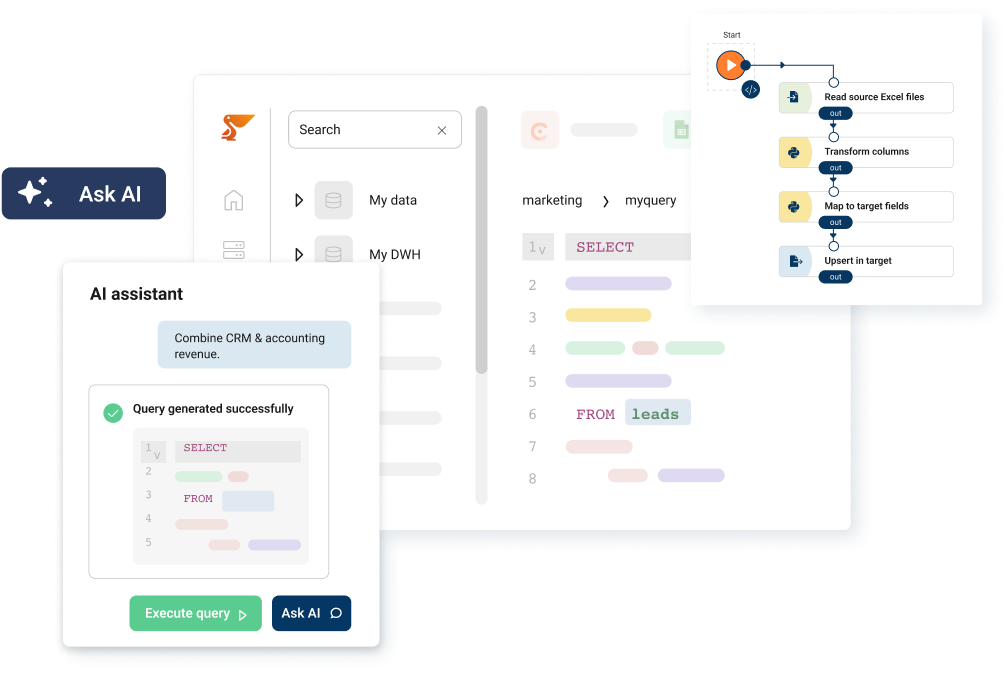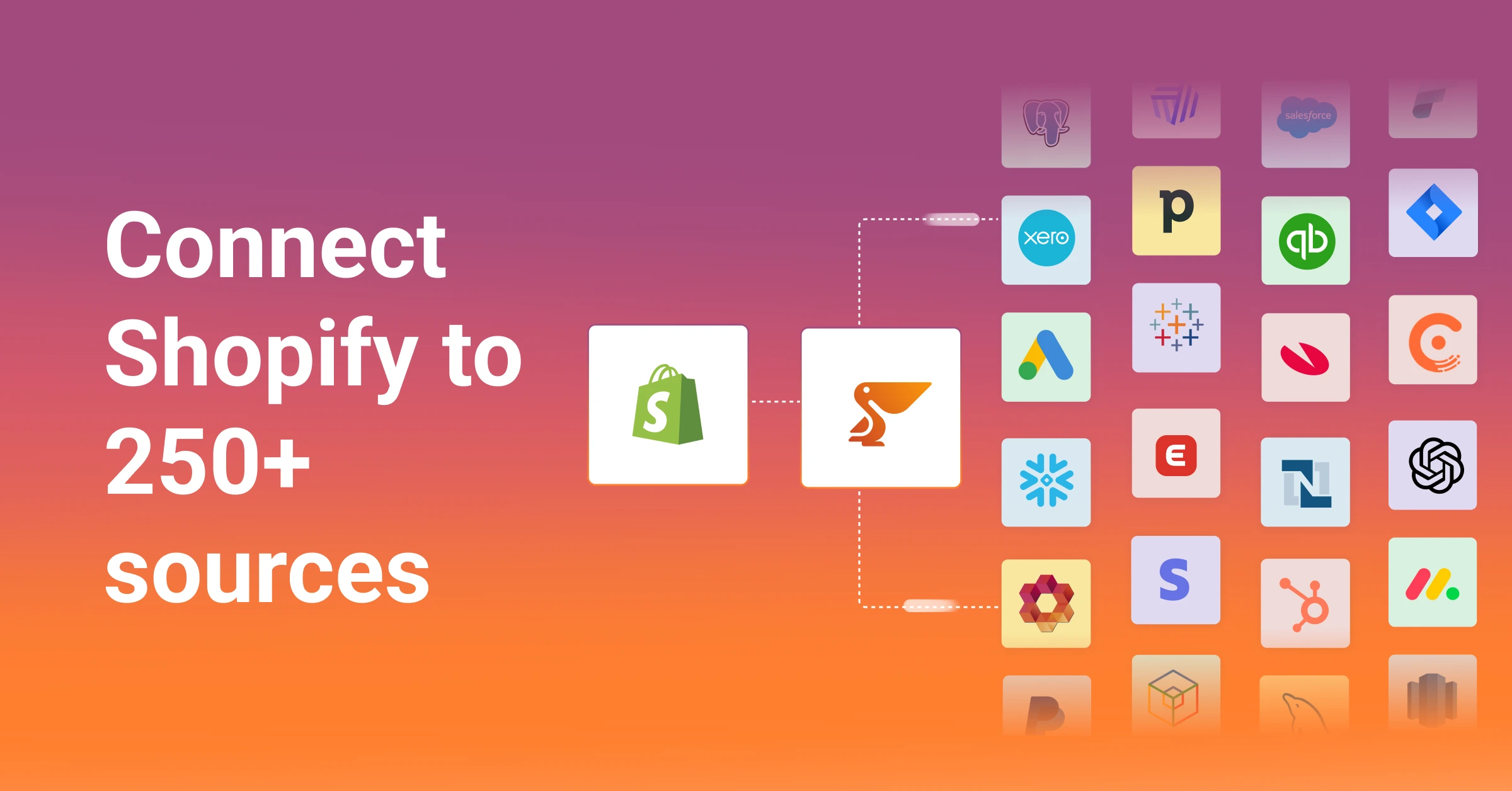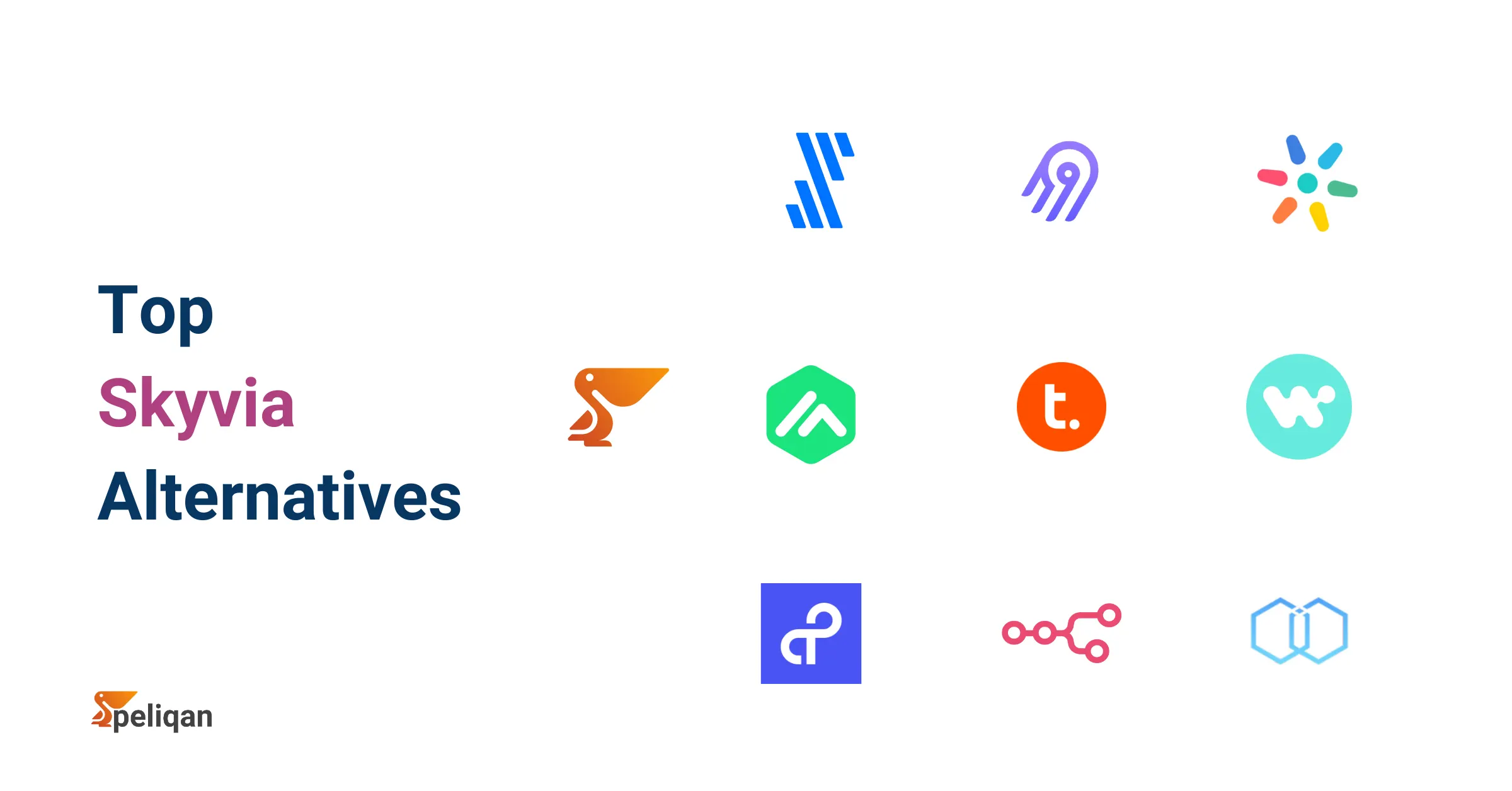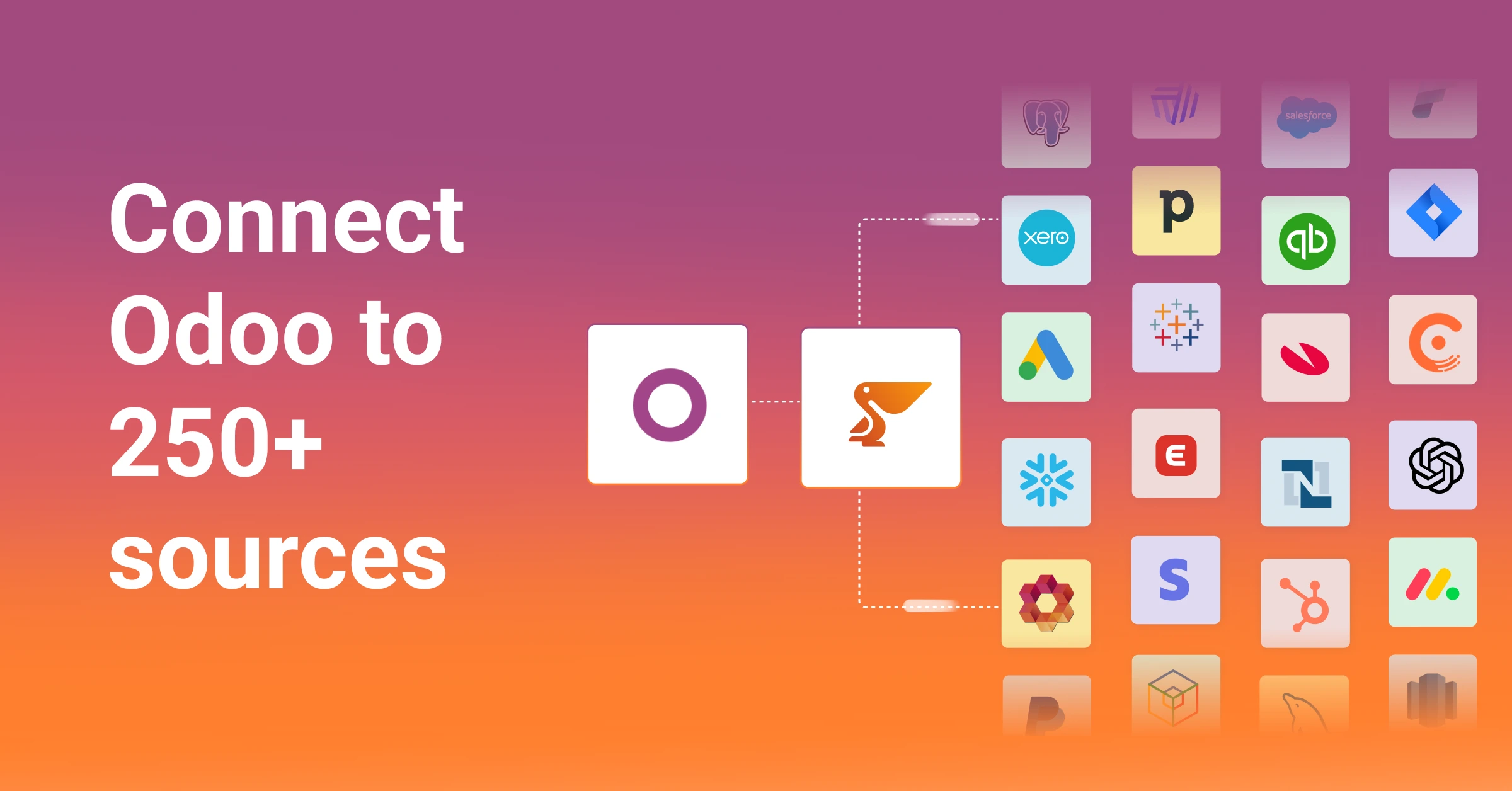In today’s data-driven world, effective data management has become the cornerstone of successful businesses. As organizations grapple with ever-increasing volumes of data from diverse sources, the need for robust data management strategies and tools has never been more critical.
This comprehensive guide will explore the intricacies of data management, its importance, best practices, and how innovative platforms like Peliqan are revolutionizing the way businesses handle their data assets.
What is Data Management?
Data management encompasses the practices, processes, and technologies used to collect, store, organize, protect, and utilize data throughout its lifecycle. It involves ensuring data accuracy, accessibility, and security while maximizing its value for business decision-making and operations.
In the context of modern businesses, data management extends beyond traditional database management to include:
- Data integration from multiple sources
- Data quality assurance
- Data governance and compliance
- Data analytics and visualization
- Data security and privacy protection
Why is Data Management Important?
Effective data management is crucial for several reasons:
- Informed Decision-Making: High-quality, well-managed data enables leaders to make better-informed decisions based on accurate insights.
- Operational Efficiency: Streamlined data processes reduce redundancies and improve overall business efficiency.
- Competitive Advantage: Organizations that leverage their data effectively gain a significant edge over competitors.
- Regulatory Compliance: Proper data management ensures adherence to data protection regulations like GDPR and NIS2.
- Cost Reduction: Efficient data management can lead to reduced storage costs and improved resource allocation.
- Enhanced Customer Experience: Well-managed customer data allows for personalized experiences and improved service delivery.
The Evolution of Data Management
Data management has come a long way from the days of paper-based record-keeping. Let’s explore its evolution:
Traditional Database Management Systems (1960s-1990s):
- Focused on structured data in relational databases
- Limited to on-premises solutions
- Primarily used for transactional systems
Data Warehousing (1990s-2000s):
- Introduced centralized repositories for analytics
- Enabled business intelligence and reporting
- Still primarily focused on structured data
Big Data Era (2000s-2010s):
- Emergence of technologies to handle massive volumes of unstructured data
- Introduction of NoSQL databases and distributed computing frameworks
- Rise of data lakes for storing diverse data types
Cloud-Based Data Management (2010s-Present):
- Shift towards cloud-native data solutions
- Scalable and flexible infrastructure
- Integration of AI and machine learning for advanced analytics
Modern All-in-One Data Platform (Present):
- Comprehensive solutions like Peliqan that integrate multiple data management functions
- Low-code/no-code interfaces for broader accessibility
- AI-powered assistance for data tasks
Types of Data Management Functions
Modern data management encompasses various functions, each critical to the overall data lifecycle:
Data Integration
Data integration eliminates isolated data pockets within different departments and systems. This creates a unified view of your entire data landscape, enabling a holistic understanding of your business operations and customer interactions. By integrating data from disparate sources, organizations can gain a 360-degree view of their customers, identify trends across departments, and make more informed decisions.
Data Warehousing
Data warehouses act as central repositories for storing large volumes of structured data specifically optimized for complex analytics and reporting. Data warehouses are typically designed for historical analysis, allowing users to identify trends and patterns over time. This centralized storage approach improves data accessibility for analysts and simplifies the process of generating reports and dashboards.
Data Transformation
Raw data often needs cleaning, formatting, and manipulation before it can be used for meaningful analysis. Data transformation ensures your data is accurate, consistent, and adheres to a defined schema. Common data transformation tasks include handling missing values, correcting inconsistencies, and standardizing formats. By transforming data into a usable format, organizations can unlock the true potential of their data and gain valuable insights.
Data Quality Management
Data quality management focuses on maintaining the accuracy, completeness, and consistency of your data throughout its lifecycle. Inaccurate or incomplete data can lead to misleading insights and poor decision-making. Data quality management processes include data validation, error correction, and data profiling. By implementing robust data quality practices, organizations can ensure their data is reliable and trustworthy, forming a strong foundation for data-driven decision-making.
Data Governance
A study by Forrester Research found that organizations that prioritize data governance are 2.2 times more likely to exceed their business goals. Data governance involves establishing policies and procedures for data usage, access, security, and privacy. These policies ensure data is used responsibly, ethically, and in accordance with regulations. Data governance also defines roles and responsibilities for data management tasks, promoting accountability and data stewardship within the organization.
Data Analytics
Data analytics involves applying statistical methods and tools to extract meaningful insights from data. Data analysts leverage data warehouses, transformed data sets, and various analytical techniques to uncover patterns, trends, and correlations within the data. These insights can then be used to inform business strategies, optimize operations, and drive growth. Common data analytics techniques include data visualization, statistical modeling, and machine learning.
Data Security and Privac
Data management practices must ensure sensitive information is protected from unauthorized access, breaches, and misuse. This involves implementing security measures like encryption, access controls, and data anonymization.
Additionally, data management strategies should address data privacy regulations like GDPR and NIS2, ensuring compliance with data subject rights. Looking at real-world examples of data privacy from companies like Usercentrics can help organizations understand how these principles are applied in practice, from safeguarding customer details to ensuring transparency in consent management.
Metadata Management
Metadata management refers to the practice of collecting, organizing, and maintaining information about your data. This information, also known as metadata, describes the characteristics, context, and origin of your data assets. Effective metadata management helps organizations understand their data holdings, facilitates data discovery and retrieval, and improves data governance practices.
Data Management Best Practices
Effective data management is the cornerstone of any data-driven organization. By implementing the following data management best practices, you can ensure your data is accurate, reliable, and readily available to fuel informed decision-making and business growth.
Develop a Comprehensive Data Strategy
Develop a data strategy that aligns with your overall business objectives. This strategy should define your data collection goals, identify the types of data most critical to your success, and outline how you will use data to achieve your strategic priorities. By linking your data management efforts to your broader business goals, you can ensure your data is working for you and not the other way around.
Implement Strong Data Governance
Data governance establishes a clear framework for managing your data assets. This includes defining roles and responsibilities for data ownership, access control, and data quality maintenance. It also involves setting data security policies and ensuring compliance with relevant regulations. Strong data governance prevents data silos, fosters collaboration, and minimizes the risk of errors or misuse of sensitive information.
Ensure Data Quality
Data quality is the foundation of data-driven decision-making. Inaccurate or incomplete data can lead to misleading insights and poor business decisions. Implement data quality processes to ensure your data is accurate, consistent, and usable for analysis. Regularly monitor data quality metrics to identify and address any potential issues.
Prioritize Data Security and Privacy
Organizations have a responsibility to protect sensitive customer and business information from unauthorized access, breaches, and misuse. This necessitates implementing robust security measures like encryption, access controls, and data anonymization. Promoting the use of secure authentication practices, such as multi-factor authentication and free password managers, can help prevent credential-related breaches and enforce consistent access security across all systems.
Additionally, data management practices should address data privacy regulations like GDPR and NIS2, ensuring compliance with data subject rights and data protection requirements.
Foster a Data-Driven Culture
A data-driven culture empowers employees at all levels to leverage data for better decision-making. This requires promoting data literacy through training programs and workshops. Invest in user-friendly data visualization tools and dashboards that make data accessible and understandable for everyone, not just data analysts. By fostering a culture of data curiosity and exploration, you can unlock the full potential of your data for innovation and continuous improvement.
Continuously Monitor and Improve
Data management is an ongoing process. Regularly assess your data management practices and tools to identify areas for improvement. Track key performance indicators (KPIs) related to data quality, accessibility, and utilization. Leverage data analytics tools to gain insights into your data management workflows and identify opportunities for streamlining processes and optimizing data usage.
Invest in the Right Tools
The right data management tools can significantly improve the efficiency and effectiveness of your data management efforts. Consider your specific needs and choose a platform that offers features like data integration, data warehousing, data transformation, data quality management, and data analytics capabilities. Look for tools that are user-friendly, scalable, and secure.
Data Management Challenges and Solutions
While data management offers tremendous benefits, organizations also face significant challenges in implementing and maintaining effective practices. Here’s a closer look at some common roadblocks and how to overcome them:
Data Silos
Challenge: Data silos occur when information is fragmented and isolated within different departments, applications, and systems. This creates a fractured data landscape, hindering a holistic view of your business operations.
For example, the marketing team might have valuable customer behavior data stored in their CRM system, while the sales team has separate data on customer interactions in their own platform. Without a unified view, it becomes difficult to identify trends, understand customer journeys, and make data-driven decisions that leverage the full picture.
Solution: Break down data silos by implementing a data integration strategy. This involves establishing connections between different data sources and creating a central repository for all your data.
Look for data management solutions with robust data integration capabilities, such as pre-built connectors for popular applications and ETL (Extract, Transform, Load) tools that automate the process of extracting data from various sources, transforming it into a consistent format, and loading it into a central data warehouse.
Data Quality Issues
Challenge: Inaccurate, incomplete, or inconsistent data can lead to flawed analytics and poor decision-making.
Data quality issues can arise from human error during data entry, inconsistencies in data formats across different systems, or a lack of proper data validation processes. For instance, missing customer contact information or duplicate entries can significantly impact marketing campaign performance and customer service efforts.
Solution: Prioritize data quality by implementing data validation rules and data enrichment techniques. Data validation ensures data accuracy by checking for errors and inconsistencies in data formats or values.
Data enrichment involves adding additional data points to existing records to create a more comprehensive view of your data subjects. Consider data management solutions that offer data profiling tools to identify data quality issues and data transformation capabilities.
Lack of Technical Expertise
Challenge: The growing complexity of data ecosystems requires skilled data professionals to manage data infrastructure, perform data analysis, and ensure data security. However, there’s often a shortage of qualified data analysts, data engineers, and data scientists, making it challenging for organizations to effectively manage their data.
Solution: Embrace tools that democratize data management by offering low-code/no-code functionalities and AI-powered assistance. Low-code interfaces allow users with minimal technical expertise to perform basic data manipulation tasks, such as data filtering, aggregation, and visualization. AI-powered data assistants can guide users through data analysis processes and automate repetitive tasks, reducing reliance on specialized data skills.
Scalability Concerns
Challenge: As your business grows, so too will the volume and variety of data you collect. Traditional on-premise data infrastructure may struggle to keep pace with this exponential growth, leading to performance issues and limitations in data storage capacity.
Solution: Invest in a scalable data management solution built on a cloud-native architecture. Cloud-based data platforms offer elastic scalability, meaning they can automatically adjust their resources to accommodate your evolving data needs. This ensures your data infrastructure can grow seamlessly alongside your business, eliminating concerns about storage limitations and performance bottlenecks.
Compliance and Security Risks
Challenge: Data regulations like GDPR and NIS2 mandate data protection and user privacy. Organizations must ensure they comply with these regulations by implementing appropriate security measures and data governance practices across all data sources. Failure to comply can result in hefty fines and reputational damage.
Solution: Prioritize data security by implementing robust security measures like encryption, access controls, and data anonymization. Centralize data governance by establishing clear policies and procedures for data access, usage, and retention. Look for data management platforms that offer built-in security features and centralized control mechanisms to simplify compliance efforts and safeguard sensitive data.
Integration Complexity
Challenge: Connecting and synchronizing data across multiple platforms can be a complex and time-consuming task. Traditional data integration methods often require custom coding expertise, making it difficult and resource-intensive to maintain data consistency across diverse systems.
Solution: Simplify data integration by leveraging tools with pre-built connectors and one-click integration capabilities. Look for data management platforms that offer a wide range of connectors for popular applications and databases. This streamlines the integration process and eliminates the need for manual coding, saving time and resources.
Additionally, consider solutions with Reverse ETL functionality, which allows you to push data back out to your operational systems, ensuring consistency across your entire data landscape.
Data Activation: Beyond Traditional Data Management
Data management is essential for collecting, organizing, and analyzing your data. But simply having insights isn’t enough. Data activation is the next frontier, transforming insights into actionable steps that drive real business value.
Here’s how data activation goes beyond traditional data management and how Peliqan can help you unlock the full potential of your data:
From Insights to Action
Traditional data management focuses on data collection, storage, and analysis. While valuable for generating insights, it often stops short of putting those insights into action. Data activation bridges this gap by empowering you to leverage your data to make real-time decisions, automate workflows, and orchestrate actions across your entire business ecosystem.
Peliqan goes beyond traditional data management by offering a comprehensive suite of data activation features:
Reverse ETL:
Break down data silos and ensure data consistency across your entire technology stack. Traditional data warehouses often act as a one-way street, funneling data in for analysis. Reverse ETL allows you to push processed and enriched data back out to your operational systems, such as CRMs or marketing automation platforms.
This ensures everyone across your organization is working with the same, up-to-date information, fostering better collaboration and data-driven decision-making.
Data APIs:
Share data insights securely with internal teams or external partners. Peliqan allows you to publish secure data APIs (Application Programming Interfaces). APIs act as intermediaries, enabling authorized applications or users to access specific data sets within your Peliqan environment.
This empowers collaboration by providing controlled access to valuable data insights for teams like sales, marketing, or customer service. You can even leverage APIs to share anonymized data sets with external partners for collaborative analytics projects.
Alerting Systems:
Set up automated notifications based on data thresholds or key events. Peliqan allows you to configure real-time alerts based on specific data conditions. For instance, you can set up an alert to notify the sales team when a high-value lead enters the sales funnel, prompting them to take immediate action.
Personalized Reporting:
Distribute custom reports tailored to specific user roles or departments. Peliqan empowers you to create customized reports that cater to the specific needs of different stakeholders within your organization.
Marketing managers can receive reports on campaign performance metrics, while sales reps can access reports on individual customer activity and purchase history. This ensures everyone has the information they need to make informed decisions within their area of responsibility.
Live Data in Spreadsheets:
Leverage the familiarity of spreadsheets with the power of real-time data. Peliqan integrates with popular spreadsheet tools like Microsoft Excel, Google Sheets and more. This allows you to connect your spreadsheets to live data sources within Peliqan. Any changes in the underlying data are automatically reflected in the spreadsheet, enabling real-time analysis and data visualization without needing to constantly export and import data files.
By leveraging Peliqan’s data activation capabilities, you can transform your data from a static record of the past into a dynamic force that drives continuous improvement and propels your business forward.
Choosing the Right Data Management Platform
Choosing the appropriate data management platform is foundational for any data-driven organization. A well-selected platform can empower you to unlock the true potential of your data, optimize operations, and gain a competitive edge. Here are key factors to consider when evaluating potential solutions, including Peliqan:
Comprehensive Functionality
Look for a platform that offers a comprehensive suite of data management features, eliminating the need to cobble together multiple point solutions. An ideal platform should encompass data integration, data warehousing, data transformation, data quality management, data analytics, and data security functionalities. This one-stop-shop approach simplifies data management, reduces complexity, and lowers overall costs.
Ease of Use
Prioritize user-friendliness. The platform should offer an intuitive interface that caters to users with varying technical skillsets. Easy-to-use features empower both technical and non-technical users to leverage the platform’s capabilities. Low-code functionalities, clear visualizations, and self-service data preparation tools can significantly improve user adoption and accelerate time-to-value.
Scalability
As your business grows, so too will your data volumes and complexity. Ensure the platform you choose can scale seamlessly to accommodate your evolving needs. A scalable platform should be able to handle increasing data volumes, integrate with new data sources, and adapt to changing business requirements. Cloud-based solutions often offer superior scalability compared to on-premise options.
Integration Capabilities
Your data management platform should integrate seamlessly with your existing technology stack. Look for a solution that offers pre-built connectors for popular applications like Salesforce, databases like MySQL, and data warehouses like Snowflake. This simplifies the integration process, reduces development time, and ensures all your data can be consolidated and analyzed within a unified platform.
Security and Compliance
Data security and compliance are paramount concerns. The platform you choose should prioritize robust security measures to safeguard sensitive information. This includes features like encryption, access controls, and regular security audits. Additionally, ensure the platform meets industry-specific compliance requirements such as GDPR and NIS2.
Cost-Effectiveness
Consider the total cost of ownership when evaluating data management platforms. Factor in not just the initial license cost but also implementation fees, training costs, and ongoing maintenance expenses. Some platforms offer flexible pricing models that scale with your data volume or user base.
Support and Community
Reliable customer support and a thriving user community are valuable assets. Evaluate the level of support offered by the vendor, including access to knowledgeable support personnel, online documentation, and training resources. A strong user community can provide a wealth of knowledge sharing, best practice insights, and peer-to-peer support.
By leveraging Peliqan’s comprehensive data management capabilities, companies can not only achieve the impressive 570% 5-year ROI benchmark but potentially surpass it. The platform’s ability to streamline processes, improve data accessibility, and drive actionable insights creates a compounding effect that accelerates value creation.
As we explore the following real-world customer stories, you’ll see how diverse organizations across industries have harnessed Peliqan’s capabilities to transform their data management practices and drive tangible business results. These examples illustrate how the theoretical ROI of data management tools translates into practical, measurable outcomes when powered by Peliqan’s innovative all-in-one platform.
Real-World Impact: Peliqan Customer Success Stories
To illustrate the practical applications and benefits of effective data management using Peliqan, let’s explore some real-world customer success stories:
Globis: Optimizing Logistics with Predictive Analytics
Globis, a cloud-based platform for managing complex supply chains, leveraged Peliqan to enhance their data science capabilities.
Challenge: Predict sea ship container arrival delays and activate outcomes to operational systems.
Solution: Peliqan enabled Globis to:
- Build a comprehensive company data warehouse
- Connect ERP and WeatherInfo data sources
- Implement MLOps using Python
- Publish APIs for seamless integration with operational systems
Result: Globis can now accurately predict shipping delays, allowing their clients to optimize logistics planning and improve overall supply chain efficiency.
CIC Hotels: Streamlining Financial Reporting Across Hotel Chains
CIC Hotels, managing over 40 hotels in the Nordics region, faced challenges in consolidating financial data from diverse systems.
Challenge: Generate consolidated data for monthly board reports from various hotel-specific software systems.
Solution: Peliqan facilitated:
- Building a centralized Finance data warehouse
- Connecting multiple Accounting and Hotel ERP sources
- Implementing SQL transformations for data consistency
- Enabling Google Sheet writeback for easy reporting
Result: The group CFO now has access to timely, accurate, and consolidated financial data, streamlining the monthly reporting process and improving decision-making.
Skindr: Centralizing Marketing and App Performance Data
Skindr, a mobile app connecting consumers with dermatologists, needed a unified view of their marketing and app performance data.
Challenge: Centralize marketing data from multiple tools and app download data from app stores.
Solution: Using Peliqan, Skindr:
- Built a comprehensive company data warehouse
- Integrated data from Apple App Store, Google Play, Hubspot, and Helpscout
- Implemented Metabase for data visualization
- Calculated Customer Lifetime Value for improved marketing strategies
Result: Skindr’s CMO now has a holistic view of marketing performance and app adoption, enabling data-driven decision-making and more effective campaign planning.
Heylog: Building a Robust Communication Infrastructure for Logistics
Heylog, a SaaS company providing communication solutions for the logistics industry, used Peliqan to enhance their data management capabilities.
Challenge: Build and monitor TMS system data, manage file exchanges, and distribute live location information.
Solution: Peliqan provided:
- A white-label data platform
- 15+ connections to TMS and communication platforms
- Custom data pipelines and writeback functionality
Result: Heylog can now offer real-time data exchange and location tracking to their clients, significantly improving communication efficiency in the logistics sector.
Ziggu: Revolutionizing Real Estate Communication and Operations
Ziggu, a central communication platform for real estate projects, leveraged Peliqan for both internal operations and customer integrations.
Challenge: Capture sales and customer data for RevOps and manage customer integrations.
Solution: With Peliqan, Ziggu implemented:
- A RevOps data cockpit
- RevOps connectivity for comprehensive data capture
- Customer-managed integration flows
Result: Ziggu has streamlined its revenue operations and can now offer seamless data integration options to its customers, enhancing the overall value of their platform.
Horsum: Enhancing Financial Analysis and Reporting Services
Horsum, a consultancy supporting organizations with operational and finance process improvements, used Peliqan to centralize their data management efforts.
Challenge: Create a central data hub for accounting software connectivity and multi-customer management.
Solution: Peliqan enabled Horsum to:
- Implement accounting data collection from multiple sources
- Integrate with PowerBI for advanced reporting
- Set up alerting and activation flows for proactive management
Result: Horsum can now offer more comprehensive and timely financial analysis to their clients, with the ability to manage multiple customer accounts efficiently within a single platform.
These success stories demonstrate the versatility and power of Peliqan’s all-in-one data management platform across various industries and use cases. From logistics and hospitality to healthcare and real estate, Peliqan is enabling businesses to harness the full potential of their data, driving innovation, efficiency, and growth.
By implementing a robust data management solution like Peliqan, organizations can overcome common data challenges, unify their data sources, and unlock valuable insights that drive business success. Whether you’re looking to optimize operations, improve financial reporting, or enhance customer experiences, Peliqan provides the tools and flexibility to meet your unique data management needs.
Conclusion: Empowering Your Data-Driven Future
Effective data management is no longer a luxury but a necessity for businesses aiming to thrive in the digital age. By implementing robust data management practices and leveraging innovative platforms like Peliqan, organizations can unlock the full potential of their data assets and make data-driven decisions with confidence.
Peliqan’s all-in-one data platform simplifies complex data management tasks, streamlining the process from data integration and transformation to analysis and activation. This unified environment empowers businesses to not only gain a comprehensive view of their operations but also translate insights into tangible actions that drive measurable results.
As data continues to grow in volume, variety, and velocity, the importance of a strategic approach to data management will only increase. Peliqan provides the tools and capabilities to stay ahead of the curve, ensuring your organization is well-positioned to compete and succeed in an increasingly data-centric world.
Ready to experience the transformative power of Peliqan for yourself? Sign up for a free trial and explore how Peliqan can empower your data-driven future. Additionally, our product specialists are happy to walk you through the platform’s features and functionalities in a personalized demo.





